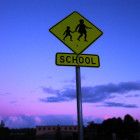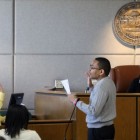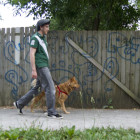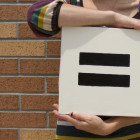
Georgia Juvenile Court Judge Elected to Lead the National Council of Juvenile and Family Court Judges
|
Longtime Georgia Juvenile Court Judge Peggy H. Walker was elected to the Executive Committee of the National Council of Juvenile and Family Court Judges (NCJFCJ) earlier this week at their 74th national conference in New York City. Spanning the next five years, Judge Walker will serve as NCJFCJ secretary, treasurer, president-elect, president and immediate past-president, respectively.
Founded in 1937, the Reno-based NCJFCJ is the nation’s longest running judicial membership committee with a roster of nearly 2,000 judges and related professionals. The council aims to provide judges, courts and related agencies with the necessary knowledge and skills to improve the lives of families and children affected by the juvenile justice system and domestic violence. “The common thread among the NCJFCJ leadership is hard work and the courage to overcome adversity as we work to improve the lives of children and families,” said the newly elected Judge Walker.








